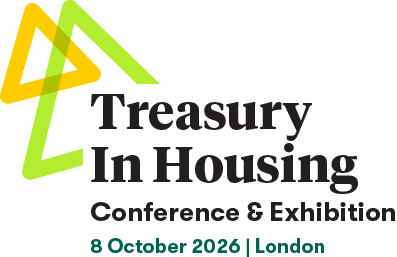16 September 2024
If we really want finance to have purpose, we need to ditch the jargon and open the books to social housing residents,
For many years, there has been an assumption that residents have little to no interest in housing association finances.
The default position from some in sector has been that residents care first and foremost about repairs and rents – and that few if any tenants would choose to spend their time looking at a set of HA financial statements.
But what if part of the reason for low levels of engagement is actually about how this subject is presented?
Rents and surpluses are an important part of the sector’s story. As is why and how it turned to private finance over the years, and the weight it now gives to investors and credit rating agencies.
How many housing associations are confident that their residents know where rental income goes? How much time is taken to explain the impact of political decisions on the money housing associations have to spend on homes and communities? And how many have asked for views on where they source their funding, and which banks and investors they chose to do business with?
Ditching the jargon
Social housing finance speaks its own language. Seasoned finance professionals coming into this sector will have done a lot of head scratching as they grappled with terms like EUV-SH and LHA…
And yet we are now in world where consumers and customers expect more transparency from businesses they buy products and services from, especially in areas like sustainability but also when it comes to how products are sourced and made.
The social housing sector isn’t isolated from this. Residents, after all, have a bigger stake in their housing associations than they do in a high street store they’re buying clothes from.
And people are hungry for information like never before. They want to know what their housing association is doing and why. They want to be confident that their housing association is doing right by their residents. And not only when it comes to delivering repairs and setting rents – which is really about getting the basics right after all.
Very big picture, most people care about climate change and social justice. That means they recycle, they want to see local green spaces looked after, they want their homes to be well insulated and cheaper to run.
They want to see people who are struggling with the cost of living get the support they need.
They want to see a fairer society, They want to see businesses – local and global – play their part in making this a better world.
Much of the above is captured by businesses, put through the ‘jargonator’ and framed via environmental, social and governance (ESG) , sustainability and social value measurement.
Encouragingly, it does mean these real-world issues are part of mainstream financial and investment discussions like never before.
But where there continues to be a disconnect is between the way we discuss these topics with friends and family, and the way that businesses including housing associations, and particularly the investment community, present them.
With the dawn of consumer regulation and tenant satisfaction measures, we’re already moving into a new chapter that embraces greater transparency and accountability around quality of services and homes.
Throwing open the books so that residents can have clearer sight of the way HAs are financed and why is a logical next step.
Luke Cross is a director at ESG and communications consultancy Social, and will be chairing a session on how we connect residents, funders and rating agencies, with Jamie Ratcliff from SNG, Zoe Jankel from Moody’s Investors Service and Christopher Yau from Lloyds Bank Corporate and Institution.
Luke Cross
Director, ESG and communications consultancy Social


